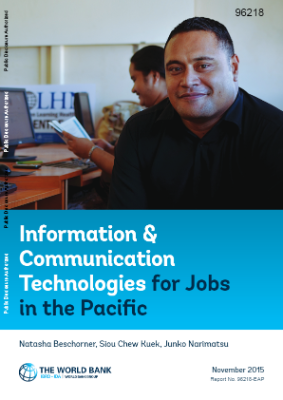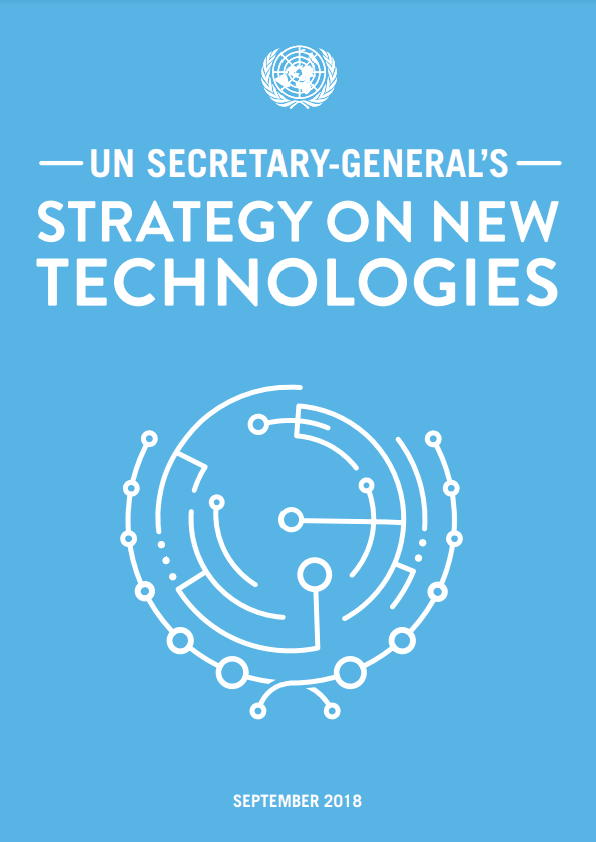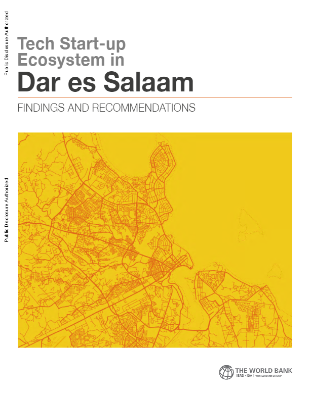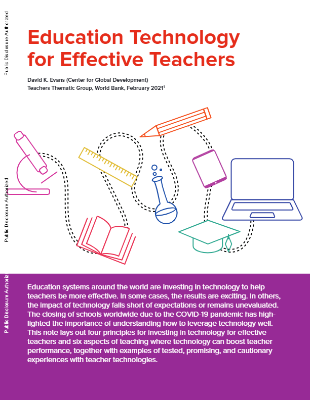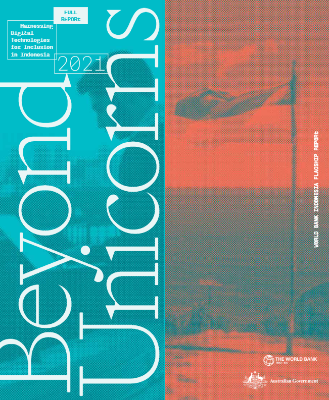The Pacific region is in the midst of an information and communication technologies (ICT) revolution in which small island countries are increasingly connected to the global economy. The region’s improving Internet connectivity presents an opportunity for Pacific Island Countries (PICs) to overcome their inherent limitations, and help address the long-standing issues of employment and income generation, which is vital to accelerate progress towards ending poverty and creating an inclusive society.
The PICs possess unique vulnerabilities that make addressing poverty and development challenges particularly difficult and complex. These include geographical remoteness from major global markets, small country size, limited natural and human resources, cultural and ethnic diversity, aid dependency, and vulnerability to climate change and natural disasters. The high youth population and growing youth unemployment in the region is a particularly pressing development challenge for the PICs. An estimated 23 percent of the potential youth labor force is unemployed, reflecting only the formal sector and omitting those in casual, low-paid, or subsistence occupations. In some countries unemployment is estimated to be as much as 58 percent. Hence, the consideration of ICT-based and other employment options is not only timely, but also necessary.
The purpose of this study is to examine the feasibility of leveraging ICT to help generate job opportunities in the PICs. This is because of the positive experiences that several countries, including small island economies, have had in generating new types of employment opportunities. It analyzes the job creation prospects in this area for Fiji, Samoa, and Tonga (hereafter referred to as the “three countries”) as a first phase in a broader review of the Pacific. The study’s main focus is on cities and urban areas, given the still low availability of Internet infrastructure and services in rural and remote areas and islands in the Pacific region.
The study focuses specifically on the IT-enabled global outsourcing services (GOS) industry. ICT covers diverse subsectors that include telecommunications and IT hardware and software. International experience has demonstrated that the GOS industry can bring significant employment to developing countries – such as India with 3.1 million direct jobs, or Mauritius with 18,000 direct jobs – particularly benefitting women and young people.
Outsourcing generally refers to a production strategy in which a business chooses the most cost- efficient location for delivery of services for their internal operations and/or external clients, even if the service is produced in a foreign country. The GOS industry therefore includes nearshoring and offshoring, those aspects of outsourcing produced abroad, and includes diverse types of services in IT (ITO), business processes (BPO, including voice or nonvoice-based), and knowledge processes (KPO).
